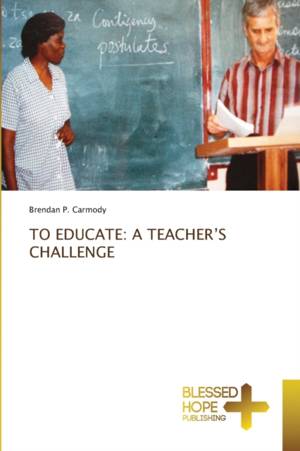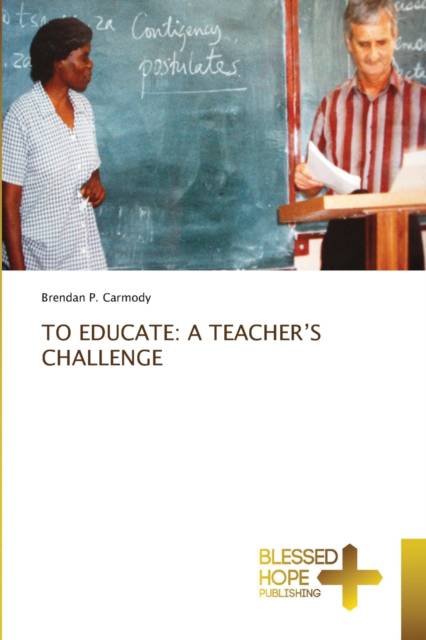
- Afhalen na 1 uur in een winkel met voorraad
- Gratis thuislevering in België vanaf € 30
- Ruim aanbod met 7 miljoen producten
- Afhalen na 1 uur in een winkel met voorraad
- Gratis thuislevering in België vanaf € 30
- Ruim aanbod met 7 miljoen producten
Zoeken
Omschrijving
This book outlines the perspectives of a former teacher who worked at different levels in Zambian educational settings. Central is the question: is the school a knowledge factory or does it serve as an instrument of self-transformation and well-being?The author recognizes that the school brought major benefits to Zambia including widespread basic literary. This enables people to take their part in a globalizing world. He explores the nature of such literary and notes shadows.For many, school means social mobility, leaving behind the villages like Fumbo and Chikungu and moving to affluent suburbs like Woodlands, Lusaka or Riverside, Kitwe. This has been treasured but has it not also created a society where too many are left rootless, lonely, and unemployed? What has been the role of religion? The book is addressed primarily to educationists and strives to answer: can someone teach another?
Specificaties
Betrokkenen
- Auteur(s):
- Uitgeverij:
Inhoud
- Aantal bladzijden:
- 152
- Taal:
- Engels
Eigenschappen
- Productcode (EAN):
- 9786137926222
- Verschijningsdatum:
- 25/11/2021
- Uitvoering:
- Paperback
- Formaat:
- Trade paperback (VS)
- Afmetingen:
- 152 mm x 229 mm
- Gewicht:
- 231 g

Alleen bij Standaard Boekhandel
+ 67 punten op je klantenkaart van Standaard Boekhandel
Beoordelingen
We publiceren alleen reviews die voldoen aan de voorwaarden voor reviews. Bekijk onze voorwaarden voor reviews.











